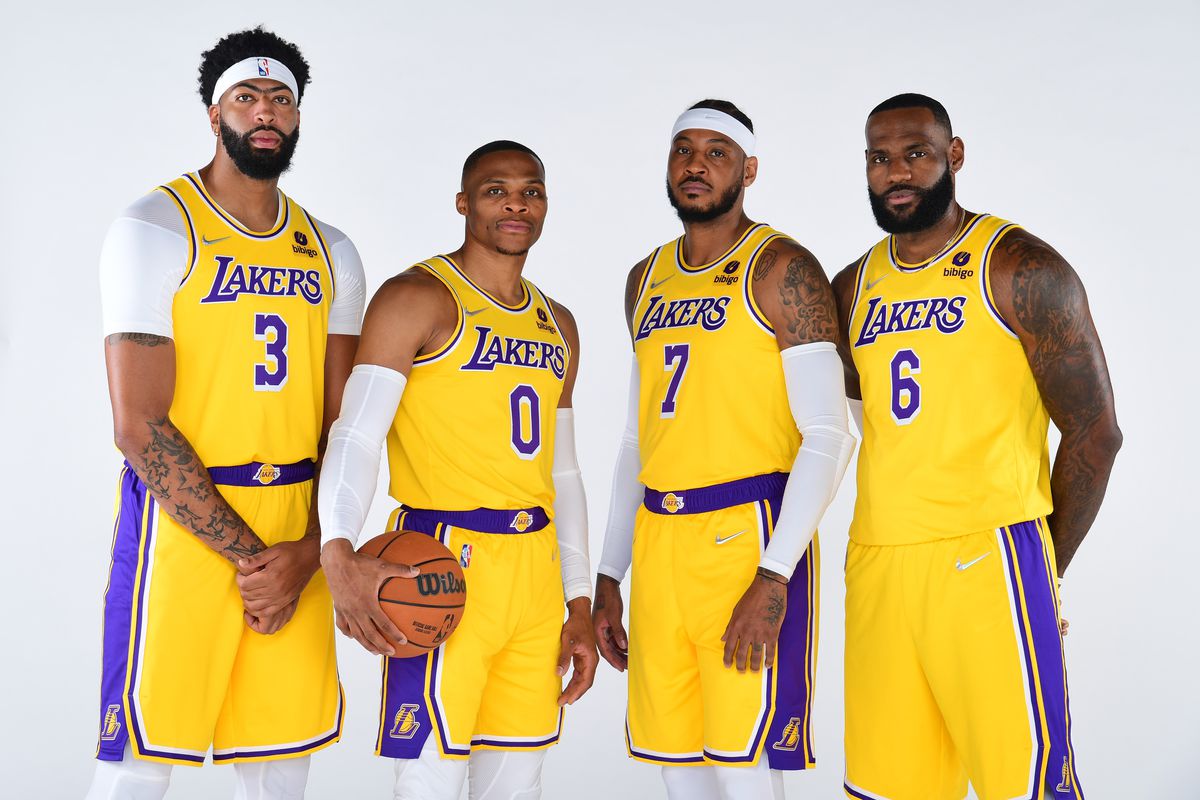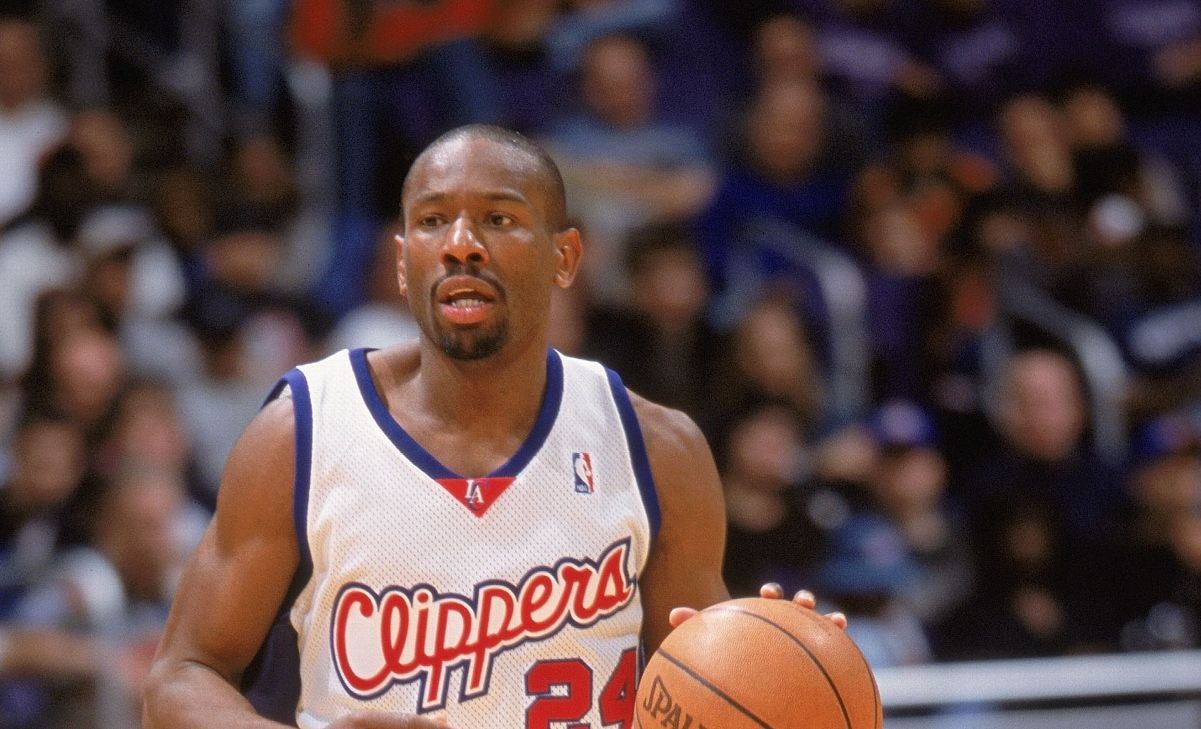

Sports
Top 5 College Basketball Players of All Time
Modified: March 12, 2024
Explore our picks for the top 5 college basketball legends, showcasing their unmatched skills and historic contributions to the game.
(Many of the links in this article redirect to a specific reviewed product. Your purchase of these products through affiliate links helps to generate commission for Noodls.com, at no extra cost. Learn more)
Table of Contents
As the 2024 NCAA season looms on the horizon, the debate over the finest college basketball players to grace the court intensifies. Given the rich history of college basketball, filled with prodigious talents from various generations, compiling a list of the top 5 players of all time is no small feat. These athletes have left an indelible mark on their programs, propelling their teams to new heights while collecting various individual accolades.
Lew Alcindor: UCLA (1966-69)
Lew Alcindor’s college career at UCLA from 1966 to 1969 is widely regarded as the most dominant in college basketball history. A colossal figure on the court, Alcindor, who would later become known as Kareem Abdul-Jabbar, left an unmatched legacy, manifesting in his staggering college averages of 26.4 points and 15.5 rebounds.
His litany of awards speaks volumes about his supremacy in the game—three-time NCAA Champion, three-time NCAA Final Four Most Outstanding Player, two-time AP Player of the Year, the first recipient of the Naismith Player of the Year, and a three-time Consensus First Team All-American across all years he was eligible to play.
Alcindor achieved a level of excellence every year, setting standards that have yet to be equaled. His remarkable debut with 56 points set the tone for a collegiate career filled with record-breaking performances. Despite facing a rule change aimed to curb his dominance by banning dunking, Alcindor adapted, demonstrating his unrivaled skill and versatility.
His final college game—an astounding 37 points and 20 rebounds performance—cemented his status as a legend. Alcindor’s contribution to UCLA’s legacy, including leading them to three consecutive national championships, remains the gold standard of individual achievement in college basketball history.
Read more: The Top Contenders For The 4th And 5th Greatest Shooting Guards Of All Time Will Surprise You!
Pete Maravich: LSU (1967-70)
Pete Maravich’s tenure at Louisiana State University from 1967 to 1970 is nothing short of legendary, leaving an indelible mark on the annals of college basketball. Averaging an astonishing 44.2 points per game over his college career, Maravich’s scoring prowess is a record that seems almost mythical.
His list of accolades is equally impressive, including being named 3x SEC Player of the Year, 2x National Player of the Year, and a 3x Consensus First Team All-American. He also led the NCAA as a scoring champion thrice and maintained his status as the Division 1 All-Time Leading Scorer.
What sets Maravich apart is not just his prolific scoring but the era in which he achieved these feats: a time when basketball was dominantly a big man’s game. His game was ahead of its time, incorporating long-range shots (three-pointers) and a playmaking vision that earned him the nickname “Houdini”. His performance was even more extraordinary considering the absence of the three-point line and shot clock during his college years. Had these rules been in place during his tenure, his average points per game would have reached greater heights.
Maravich’s extraordinary career, characterized by his unparalleled scoring ability and innovative play, solidifies his place as one of the all-time greats in college basketball history. He transformed LSU’s basketball program and redefined what was possible in the sport.
Bill Russell: San Francisco (1953-56)
Bill Russell’s legacy at the University of San Francisco from 1953 to 1956 is one of unparalleled defensive mastery and leadership. With averages of 20.7 points and a remarkable 20.3 rebounds per game, Russell’s dominance on both ends of the floor was evident.
His accolades include two NCAA Championships, recognition as the NCAA Tournament Most Outstanding Player, twice named Helms Player of the Year, UPI College Player of the Year, WCC Player of the Year, and a two-time Consensus First Team All-American.
Discovered by assistant coach Hal DeJulio at Oakland High School, Russell’s extraordinary athleticism and relentless hard work turned his raw talent into one of the most formidable forces in basketball history. He was known for his defensive prowess, utilizing his speed and wingspan to block shots around the rim and perimeter. His impact led to the NCAA widening the lane to counter his defensive dominance.
Russell led the Dons to back-to-back NCAA Championships and an impressive 55 consecutive victories. Despite facing significant challenges, including racism and skepticism about his fundamentals, Russell’s contribution to college basketball transcends the sport, embodying excellence, resilience, and the power of transformation through perseverance. His career at San Francisco set a standard for excellence and established him as one of the most influential figures in the annals of college basketball.
Bill Walton: UCLA (1971-74)
Bill Walton’s tenure at UCLA from 1971 to 1974 epitomizes the term “collegiate basketball legend.” His awe-inspiring college averages of 20.3 points and 15.7 rebounds per game, alongside a litany of awards, including two NCAA Championships, three-time recognition as the National College Player of the Year, and two NCAA Final Four Most Outstanding Player honors.
Walton’s performance in the NCAA finals, notably his 44-point game against Memphis State—where he missed only one of his 22 shots—remains a pinnacle of individual achievement in college basketball history.
His playstyle was a mix of traditional big-man dominance in the paint and an uncanny ability to distribute the ball. It not only maintained but elevated UCLA’s legacy in the 1970s. Walton’s extraordinary blend of skill, discipline, and basketball IQ ensured his place not just in UCLA’s storied history but also among the pantheon of college basketball’s greatest players.
Oscar Robertson: Cincinnati (1957-60)
Oscar Robertson’s epoch at the University of Cincinnati from 1957 to 1960 is nothing short of monumental. It redefined the role of a guard in college basketball. With staggering averages of 33.8 points, 7.1 assists, and 15.2 rebounds per game, Robertson demonstrated versatility ahead of its time, blending the scoring prowess of a shooting guard with the vision and playmaking abilities of a point guard.
His collection of accolades is voluminous, comprising 3 times NCAA Scoring Champion, 2 times USBWA College Player of the Year, 2 times Helms College Player of the Year, 3 times First Team All-MVC, 3 times Sporting News College Player of the Year, 3 times UPI College Player of the Year, and 3 times Consensus First Team All-American.
Regarded as the precursor to modern basketball’s dynamic guards, Robertson’s legacy is marked not only by his statistical dominance but also by the cultural shift he inspired in the sport. His tenure at Cincinnati saw the Bearcats ascend to unprecedented heights, recording back-to-back Final Four appearances and laying the groundwork for future NCAA Championships. Robertson’s holistic approach to the game—emphasizing scoring, playmaking, and rebounding—cemented his place as a collegiate legend, leaving an indelible legacy that transcends generations.
Final Thoughts
These legends redefined college basketball, blending skill, leadership, and innovation to leave a lasting impact transcending time and generations.
As the 2024 NCAA Men’s Basketball Tournament approaches, we can only anticipate the next generation of collegiate legends waiting to make their mark on the sport. Who will be the next Maravich, Russell, Walton, or Robertson? Check out the NCAA moneyline and see who the odds favor. History has shown that anything is possible in college basketball, and there’s no telling what legacy will be forged on the court next.














